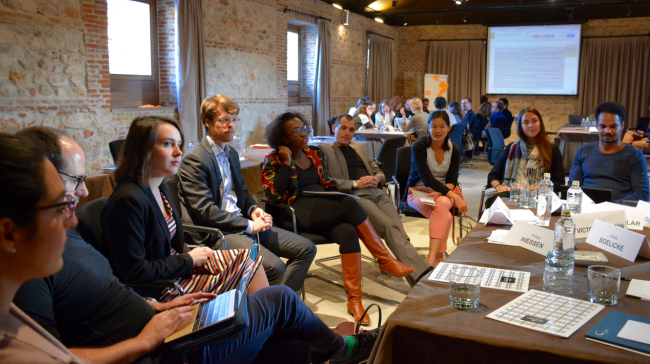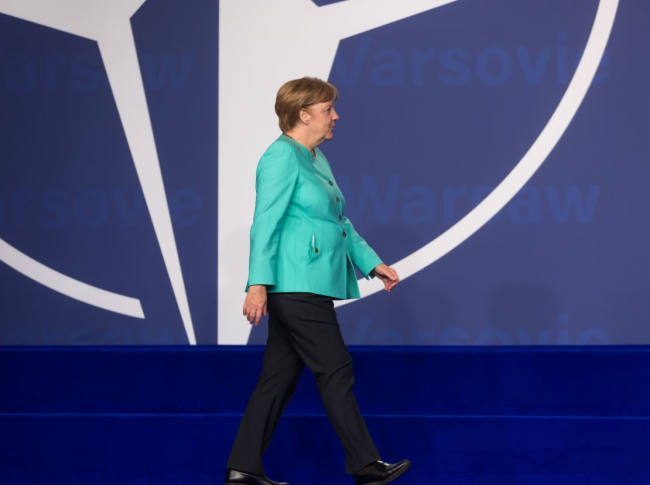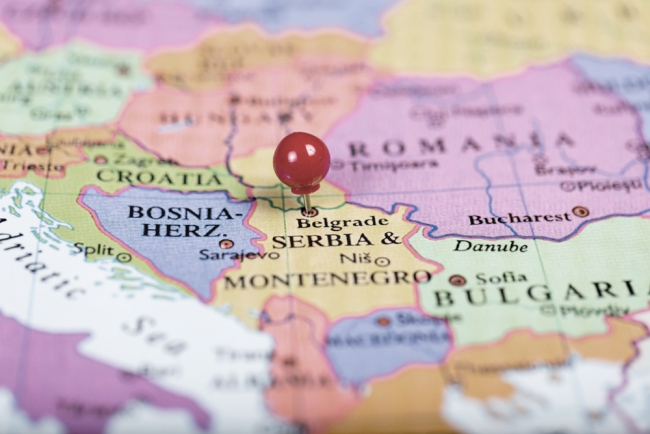Germany
An in-depth analysis of Germany's trajectory through its foreign and European policies, its relations with France, its economy and its domestic politics, offering a perspective on the country and its role in the world.
Related Subjects

The Prospects for Europe's Youth in 2026
This Workshop report was written by the participants of the French-German Future Dialogue 2016. It's the result of three seminars (Dijon, Lübeck, Alcala de Henares) on youth unemployment in Europe: Equal opportunities for European youth?
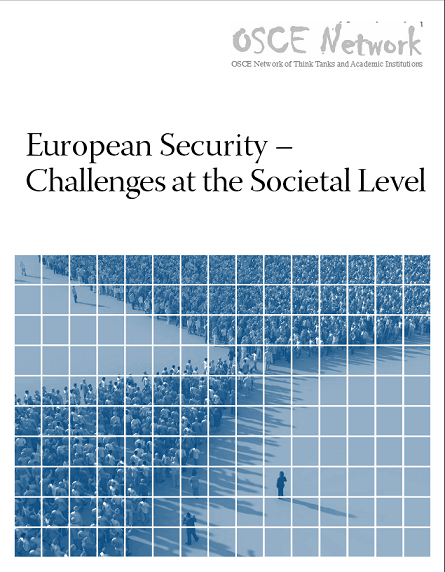
European Security – Challenges at the Societal Level
Relations between Russia and the West have deteriorated dramatically in recent years. The institutional foundations of cooperative security in Europe and the rules and principles they represent are rapidly disappearing.
The 2016 German White Paper. The consolidation of the “Munich consensus” and persisting questions
The 2016 White Paper on security policy and the future of the Bundeswehr is testament to Berlin’s declared will to play a more active role internationally, to assume more responsibility and to provide leadership in close concertation with its partners in Europe and the world.
German agriculture: structural changes
German agriculture is characterized by regionally different farm structures but in the midst of a transformation process. Rapid structural change is seen especially in animal production. Total production increased during the past decade due to intensification but the number of labour force decreased. Increasing land prices are an indicator for the sectoral growth. The situation has changed at the moment. Farm income has decreased rapidly due to very low producer prices.
German public investment policy: between debt cap and increasing investment backlog
The German debate about public investment policyfaces a dilemma. The deficits in public infrastructure have grown considerably due to comparatively low investments in recent years. In addition, substantial investments for promising mega-projects, such as the energy transition (“Energiewende”) and broadband expansion are indispensable in a foreseeable future.
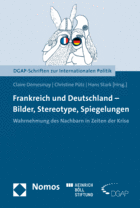
France and Germany - pictures, stereotypes, reflections and the perception of the neighbour in times of crises
Pictures are an integral part of the process of conveying the state and character of French-German relations. Such pictures highlight not only justified criticisms but also prejudices and clichés. The use of these pictures has intensified since 2008 because the financial and EU crises heightened resentment between the two countries.
The Western Balkans : a touchstone for German and European foreign policy

From the German Question to the European Question
Are we returning to “The German Question”, which we thought had been dealt with at unification? Although “The German Question” has deep historical roots, its return is indicative of a European crisis: economic fractures, institutions in deadlock, relative withdrawal of France and the UK on serious Union debates. Only through increased European integration can we expect Germany to regain to a place which it can occupy comfortably.
Germany and the Eastern Partnership after the Ukraine Crisis
The conflict in and about Ukraine has catapulted the European Union's Eastern Partnership (EaP) into the limelight of international attention. Belittled as a bureaucratic and technical policy instrument, the European Neighbourhood Policy and the EaP as its Eastern regional dimension have within the course of a few months gained unexpected geopolitical significance.
Between crisis and responsibility: a first assessment of the new German defense policy
Since the speeches delivered by President Joachim Gauck, Minister of Foreign Affairs Frank-Walter Steinmeier and Minister of Defence Ursula von der Leyen at the 2014 Munich Security Conference, Germany has seen a debate on new responsibilities in its foreign and security policy.
Support independent French research
Ifri, a foundation recognized as being of public utility, relies largely on private donors – companies and individuals – to guarantee its sustainability and intellectual independence. Through their funding, donors help maintain the Institute's position among the world's leading think tanks. By benefiting from an internationally recognized network and expertise, donors refine their understanding of geopolitical risk and its consequences on global politics and the economy. In 2025, Ifri supports more than 80 French and foreign companies and organizations.








